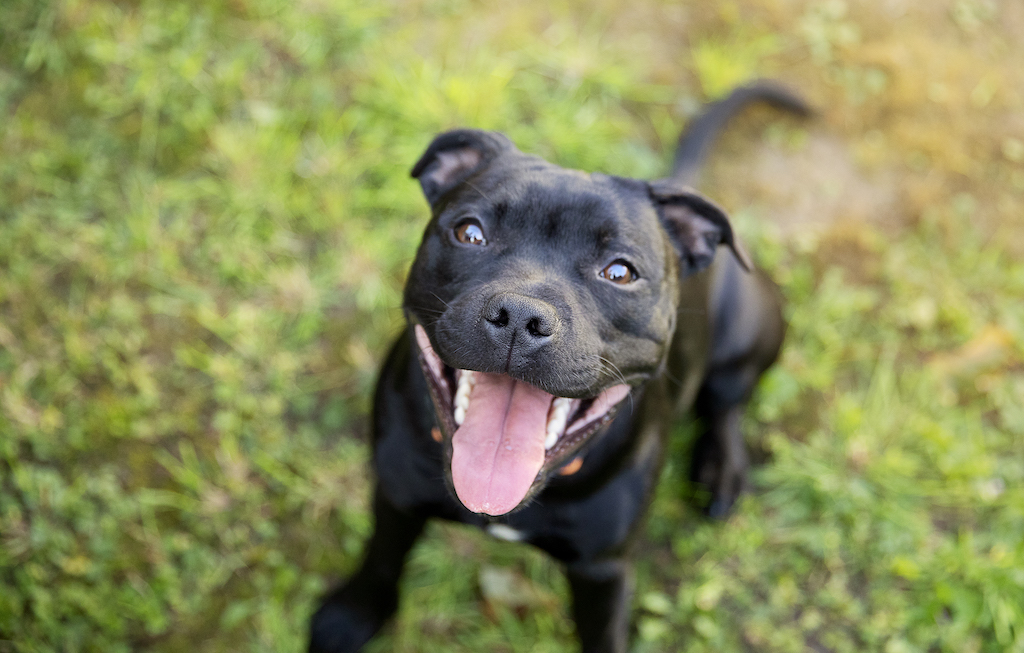You’ve set your heart on a new puppy. It’s a very exciting time! But before you take the leap, let’s talk a bit about whether your puppy is right for you – and how to choose a responsible breeder. Puppies are brilliant, gorgeous and need a lot of attention. They grow pretty fast and demand a lot from you in the early days. So let’s start with the puppy breed basics:
Who do you live with – are you on your own or in a busy household?
Where do you live – is it a flat in a city or a cottage in the countryside?
Time – daily exercise, grooming, playtime, training time – it all counts!
Lifestyle – where does your dog fit in with how you live?
Money – dog food, treats, vet bills, training… can be $$$.
That Great Dane you adore at the park will take up a lot of space, so if you’re in a third floor flat that’s a real consideration. So are Great Dane-sized walkies, food costs, and vet bills.
Going mini? These super-cute tiny furballs need proper early socialisation to get them growing up into great adult dogs. There is such a thing as small dog syndrome. You can hear it a mile off!
We love the PDSA’s pet finder match here – it’s not just limited to dogs!
Finding your new puppy – breeders, shelters, and more
The next thing to think about is where to find your new family member. There are lots of shelters, rescues, and fosters across the country filled with amazing dogs of all ages – it would be remiss of us not to include this as we love all our rescue dogs! Many (including couch-potato retired greyhounds) make such happy, grateful companions when you give them a forever home!
If you do decide to buy a puppy, it’s really important to choose a responsible breeder. When you’ve found your perfect pup online, what next?
Let’s look at what to look for, what to expect, and what checks you should make to get yourself a happy, and healthy new member of the family!
Looking for a responsible breeder
There are some simple steps on how to check if the pup you’ve found online is the real deal and not from a puppy farm, which is all about profit. Puppy farmers keep dogs in awful conditions, dogs have to reproduce litter after litter with no recovery time, and puppies are taken away from their mothers too early which can lead to behavioural problems, health conditions, and even death.
Get sleuthing
Search engines are your friend when it comes to sussing out the dodgy doggy adverts from the genuine ones. Look up Google photos, advert descriptions and mobile numbers to make sure this information hasn’t been lifted from elsewhere.
Free insurance!
Sadly this isn’t the sign of a legit breeder – neither is offering a puppy pack.
Kennel Club registered breeders – or are they?
Never take Kennel Club claims at face value – ask to see proof and check with the Kennel Club! They have a list of assured breeders on the Kennel Club website (as well as breed-specific rescues, too)
Vaccinations
Other lies bad breeders (or stolen pup pushers) tell include whether they’ve been vaccinated or not. No puppy gets vaccinated earlier than 4 weeks old.
Online or in-person
- Ask loads of questions
- Always ask to see the mother with the puppies. If there’s an excuse, avoid
- Meet all the puppies, not just one! Handle them, and see how alert they are
- Always ask to see where the mother and pups are living (check for bedding, food and clean water)
- Never pick a puppy up from a car park or meeting place
- Ask how old the mother is, how many litters she’s had, and if you can see the sire (Dad)?
- Can you see their registration papers? Or a family tree!
- Ask about health conditions – any puppy problems now, inherited or breed-specific ones
- Ask about their temperament and how they’ve been socialised
- You can even ask about what food they’d recommend
This isn’t an exhaustive list and to be honest, we could talk about this for hours. Just remember, if it looks too good to be true – it probably is. Do your research, and speak to a local vet or vet nurse for some additional advice if you need to.

